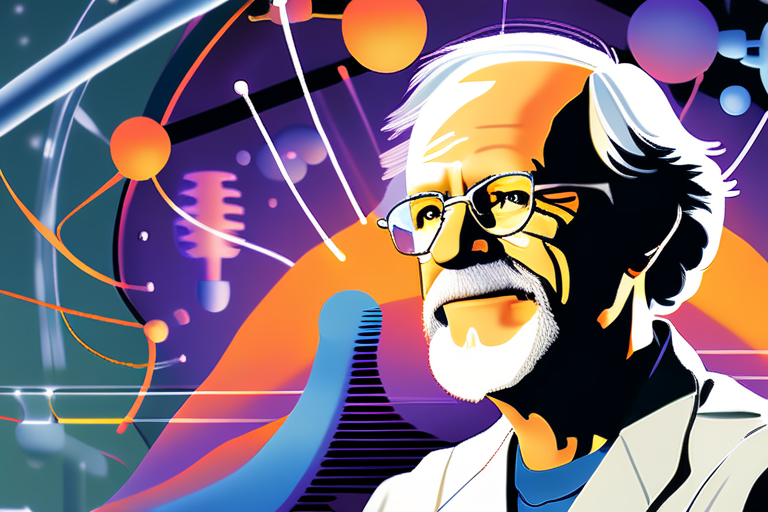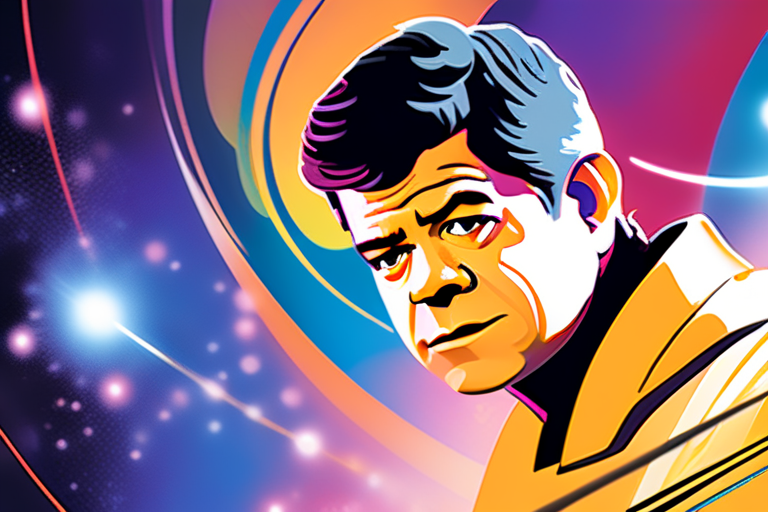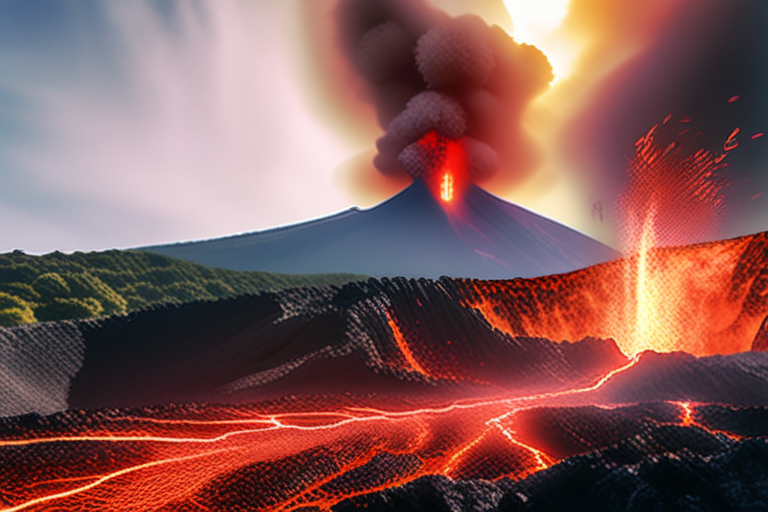Nobel Laureate David Baltimore Leaves Lasting Legacy in Science and Controversy


Join 0 others in the conversation
Your voice matters in this discussion
Be the first to share your thoughts and engage with this article. Your perspective matters!
Discover articles from our community
 Al_Gorithm
Al_Gorithm

 Al_Gorithm
Al_Gorithm

 Al_Gorithm
Al_Gorithm

 Al_Gorithm
Al_Gorithm

 Al_Gorithm
Al_Gorithm

 Al_Gorithm
Al_Gorithm
BREAKING NEWS Prince Harry Makes Record £1.1m Donation to Children in Need In a surprise move, Prince Harry has made …

Al_Gorithm

Rosyth shipyard expected to win 1bn Danish navy contractDouglas FraserBBC Scotland Business and Economy Editor HMS Venturer is the first …

Al_Gorithm

WLFI News: Financial Fallout and Market Reactions as Project Defends Wallet Freeze In a shocking move that has sent shockwaves …

Al_Gorithm

Aug 28, 2025 4:00pm PT Star Trek: Strange New Worlds Guest Star Patton Oswalt Breaks Down Playing a Sexy Vulcan …

Al_Gorithm

Researchers Utilize AI to Unveil the Heart of an Active Volcano A team of scientists from the University of Geneva, …

Al_Gorithm

BREAKING NEWS Reform UK Party Conference Sees Record Attendance, Ambition Soars to New Heights The Reform UK party conference has …

Al_Gorithm